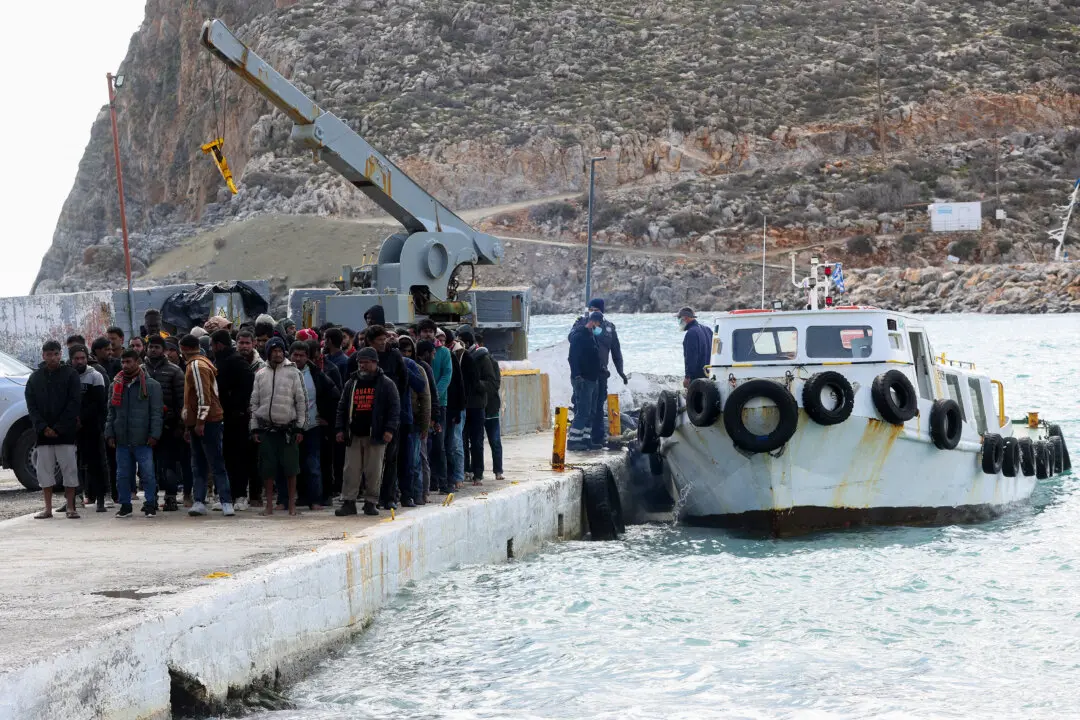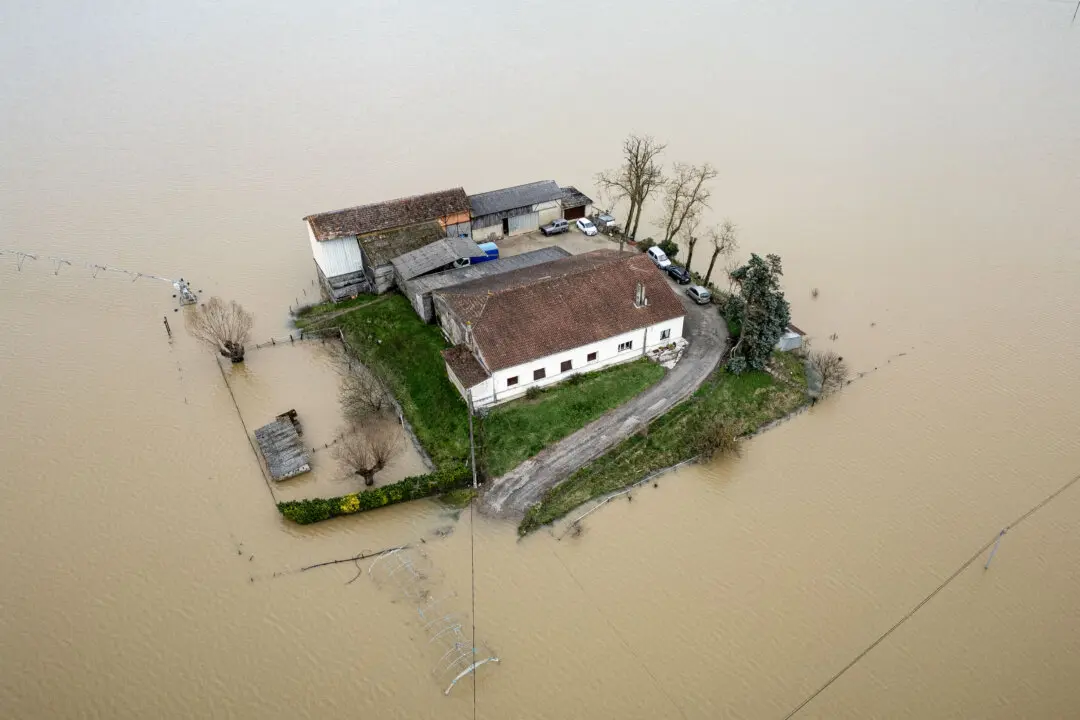Advances in methodology, technology in schools, and development of social skills are helping prepare children for a changing society. This is what Epoch Times reporters from Brazil to Sweden discovered when they asked locals:
“In your country, are children being educated to adjust to life in an ever-changing world?”

Lima, Perú: Patty Barsola, 24, Perfumery Promoter: I think so through new methods used in schools in my country. For example, we now have the technological advancement that helps you learn more, but also it has its downside. I have also seen that teacher's converse more with the child, giving them more confidence and explanations to questions of everyday life, and changes in our society.





